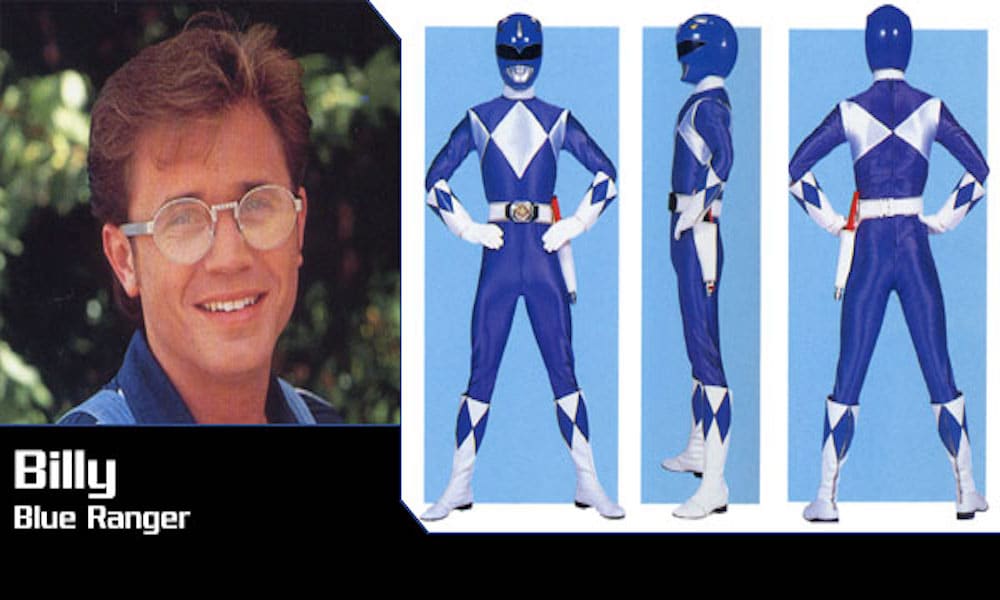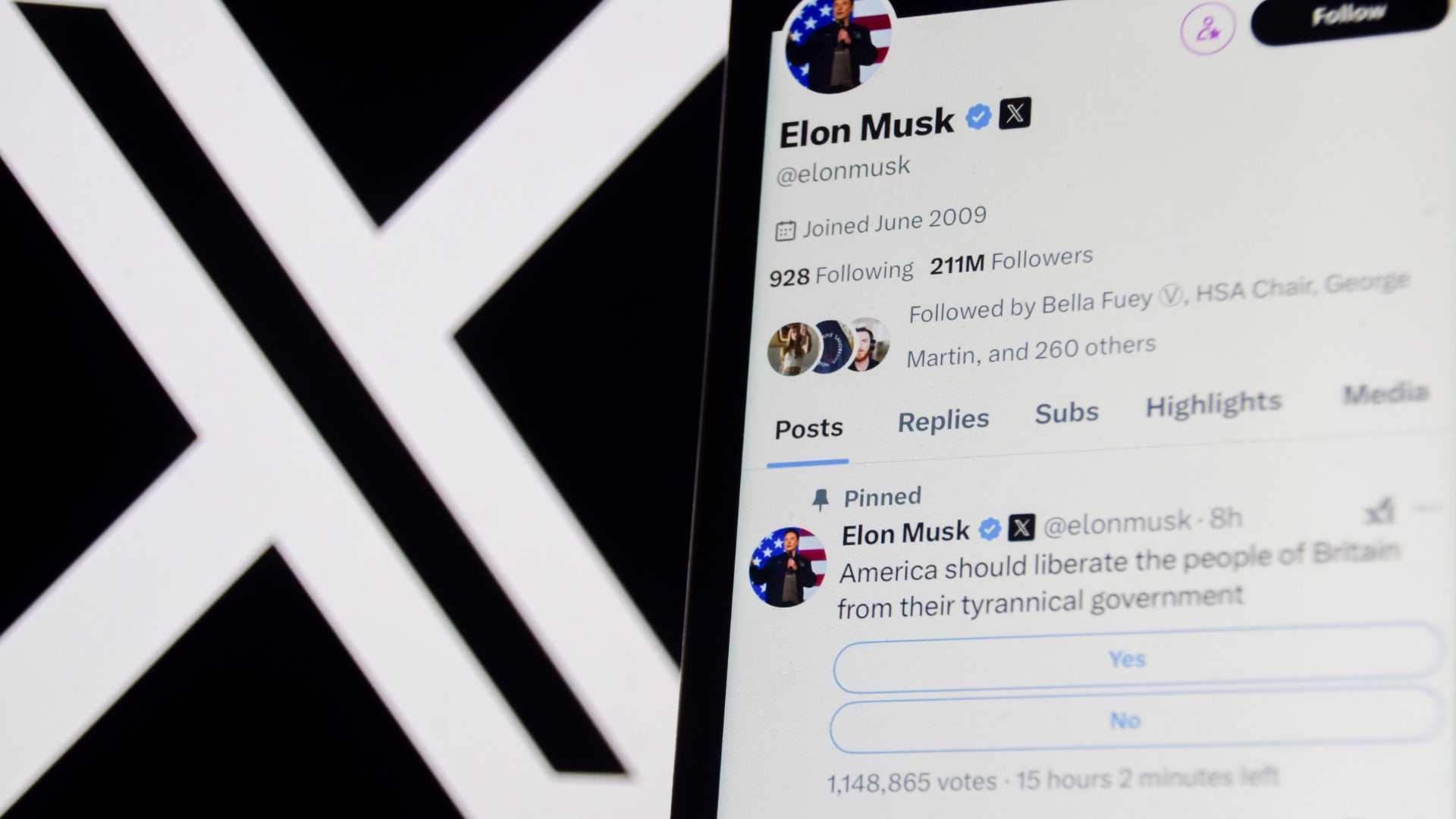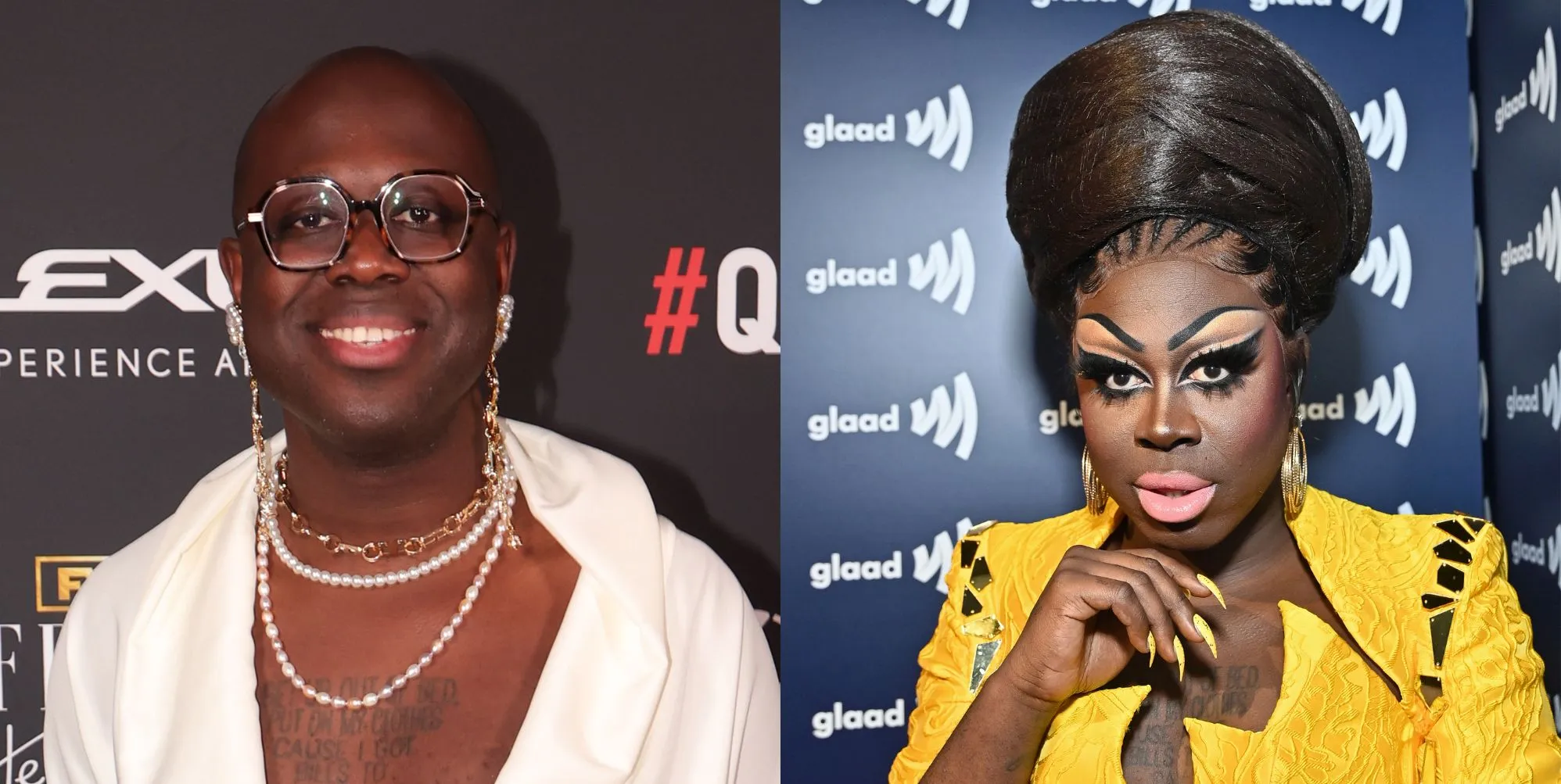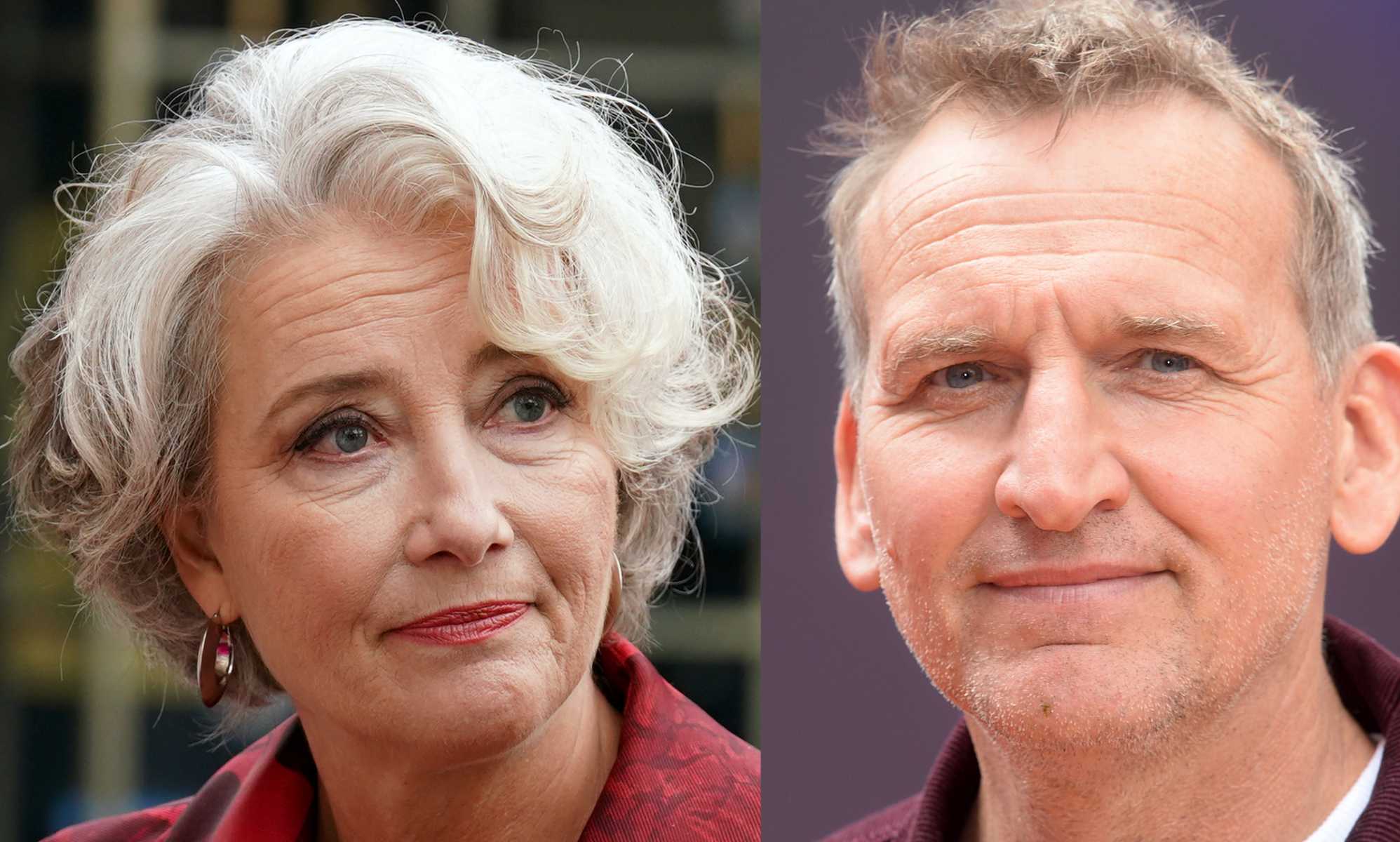How Power Ranger David Yost fights homophobia and intolerance
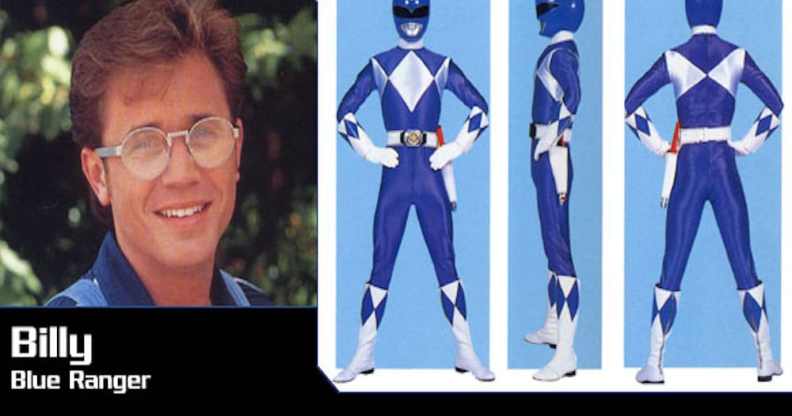
The actor who played the original blue Power Ranger, David Yost, is a survivor of conversion therapy (Saban Entertainment)
Many fans of the iconic 90s kids’ show Power Rangers may be unaware that David Yost, who played the original blue Power Ranger, is both gay and a survivor of conversion therapy.
Yost, who played Billy Cranston in the hit children’s show, has spoken publicly in the past about his grim ordeal, which also included alleged bullying on-set.
His statements about conversion therapy crop up regularly on social media as part of the ongoing backlash against the barbaric practice: broadly defined as efforts to change a person’s sexual orientation or gender identity.
In 2018 he opened up out about his experiences in a no holds barred interview with Entertainment Weekly.
He described how he was harassed on the Power Rangers set by some crew members “because he was gay”, and said that this was one of the catalysts that drove him to enter conversion therapy after leaving the show in 1996.
“I put myself through conversion therapy because I didn’t wanna be gay. And I really struggled and struggled and struggled with it,” he told Entertainment Weekly.
And in another interview with Australian magazine Out In Perth, he said:
“Well the conversion therapy I had done that quite religiously for two years… unfortunately caused a nervous breakdown because I was actively working against the truth of who I was and mentally I couldn’t take it anymore.
“After my nervous breakdown it took me years to be comfortable and really be open about myself. It wasn’t an overnight process and it took a long time to be happy and comfortable.”
However, he says he’s happy that he’s now come to terms with his sexuality, and gets a lot of mail from LGBTQ+ fans, who say he’s helped them by being so open about his experiences.
“I get letters every day via social media from people who tell me: ‘Thank you so much for coming out, you’ve given me the courage to come out, thank you for sharing your story’.
“Those things have happened to me and you’ve given me confidence to stand up to people who are doing those things to me at my job and in my life.
It’s all a reward for me on so many levels because I know that I’ve helped other people to find the strength within themselves to speak up and talk. I’m glad the ‘me too’ movement has happened for women, it was long overdue.
“My story is similar to some of what they had to go through. I’m glad these things are coming about because hopefully it’s only going to make the world a better more accepting place.”

